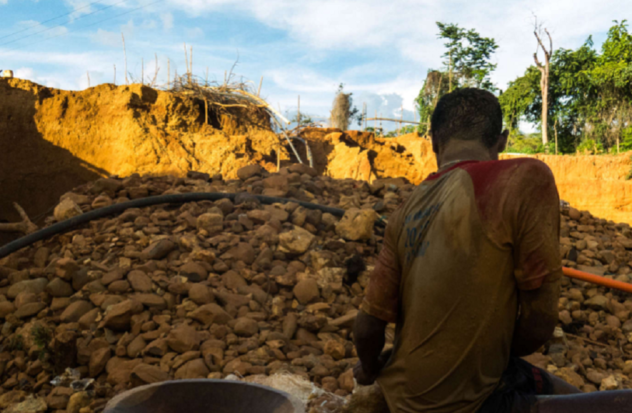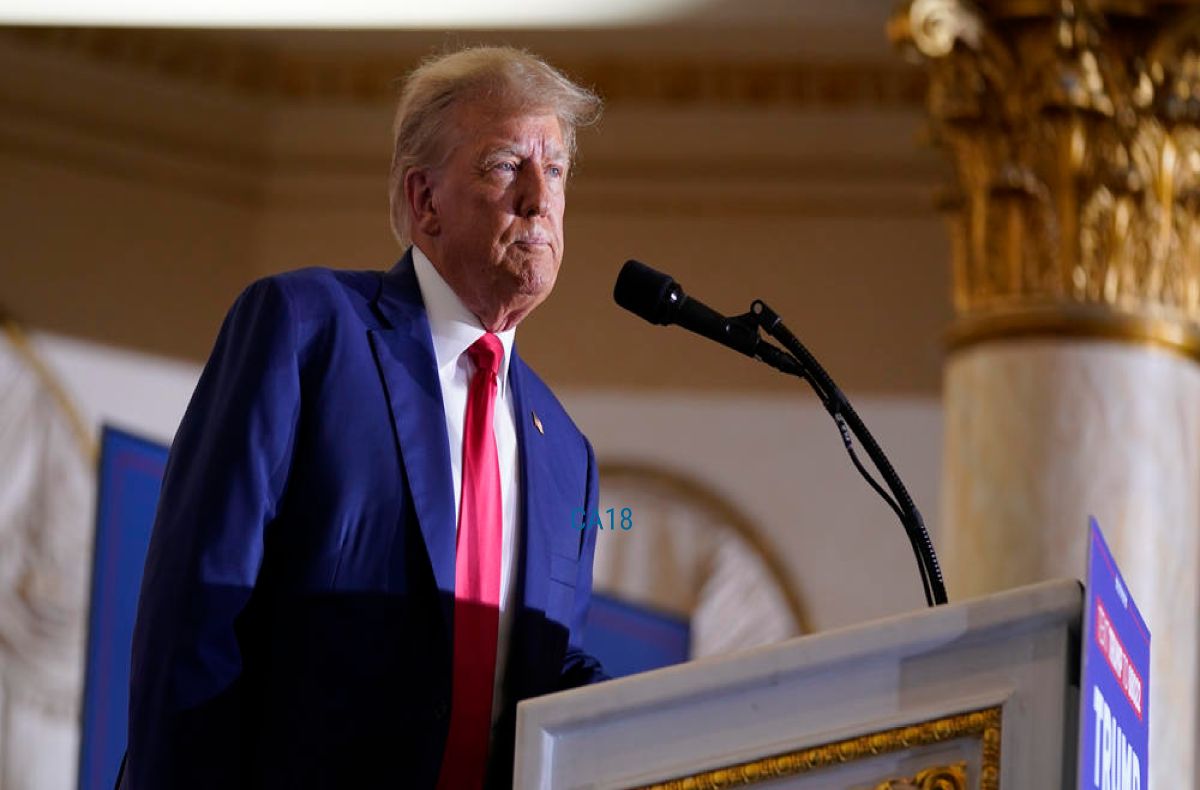CARACAS.- In the midst of new complaints against the mining illegal, the governor Nicolas Maduro appointed the lawyer Héctor Silva as the new Minister of Ecological Mining Development and in turn president of the General Mining Company of Venezuela (Minerven), whose responsibility falls on operations in southern Venezuela.
During the appointment, Maduro said that he intends to “advance a broad mining development project.”and diverse”, but did not give details of the nature and execution of the project. “We have to organize the issue of mining in an ecological concept, with the technology that applies to this issue. If not, it doesn’t go,” said Maduro.
Silva will be responsible for supervising mining activities, especially Mining Bow of the Orinoco, vast territory created by Maduro in February 2016 after the first foundations left by Chávez, which is an area of illegal exploitation of gold and other mineral resources, which covers the states of Bolívar, Amazonas and Delta Amacuro, which represents 412.2% of the territory in southern Venezuela.
Since 2016, illegal mining, murders, ecocide and armed groups such as the Colombian ELN have been rampant in the Mining Arc. And recently, reports have proliferated of the presence of garimpeiros from Brazil, and of exploitation and trafficking of minors, by Fundaredes.
However, Silva’s appointment is not seen as a significant change in mining policy nor does it contain a purpose for amendment, according to specialists, who suspect, rather, “a change in strategy.”
Who is responsible for mining
Héctor Silva, a lawyer by profession, presents himself in his networks as a specialist in international business. He is the eighth Minister of Mining Development, to which the questioned Venezuelan Mining Corporation is attached, and Minerven, key in the post-oil economy.
Currently, he replaces Admiral William Serantes Pino, who shared responsibilities with Major General Carlos Osorio, president of the Corporation and a key official in the government of Hugo Chávez, who reportedly left office last April, amid complaints of alleged corruption in the Arco Minero, according to reports.
Silva’s profile would not have had greater links with the mining sector in the past.
He was the responsible head of the International Center for Productive Investment of Venezuela, an organization created after the approval of the Anti-Blockade Law for National Development and the Guarantee of Human Rights, in 2020; and vice minister of Productive Economy, dependent on the Ministry of Economy, Finance and Foreign Trade.
He was also president of the Foreign Trade Bank (Bancoex) and since April 2023, he was in charge of the Venezuelan Corporation of Guayana (CVG), after the arrest of the previous board of directors for alleged corruption. He is also one of the main directors of the Bank of Venezuela.
Minister in the midst of illegality
Former deputy Américo De Grazia, former mayor in Bolívar and from Guyana, affirms that the appointment of Silva, “whom I do not know,” is not a sign of rectification nor will it resolve all the illegalities in the Corporation. “It is not a matter of changing men.”
It points out that the Corporation “violates eight articles of the Constitution” that place it outside the law “from the first to the last operation and favors oligopolies that have exclusivity over distribution and services they provide to the south of the Orinoco.”
“Everything that comes in for gold does not reach 1% of the GDP, which is perfectly corroborable on the BCV website, which means that the entire territory is not being destroyed for that insignificant percentage, but for something else,” he points out. From Grazia.
He highlights that Silva’s arrival coincides with the trial over a mining concession that Venezuela recently lost to the Canadian World Research. “Maduro, in order to compensate for the damage, was forced to restore ownership of the concession at kilometer 88 of La Claritas, in the south of El Dorado, but this company is not making legal use of the concession, because they do not have a wheelbarrow or a shovel. in the ground. All of its profits from the concession are on the Vancouver Stock Exchange (Canada).”
Mining strategy change
For its part, the NGO SOS Orinoco, defender of the southern ecosystem against illegal mining, maintains that Silva’s appointment obeys “the same model that we have seen in the last decades of Chavismo”, but “they may be pointing towards a change of “strategy which is to replace mining peddlerism with franchise mining.”
“This has to do, not with formal concessions, but with the Traki type, that is, people come with money made with this regime but they enter as new investors. I think they’re pointing there. And among these allies would be the Turks and the Chinese,” says the representative of the NGO.
And he adds: The regime can see the opportunity to obtain international funds for climate change issues, the Amazon fund, among others, and for this they have to change their rhetoric. Silva, who was president of the CVG, may have talked about sustainable technologies and ecological mining, but the reality is that illegal mining continues to expand in protected areas. And SOS Orinoco continues to verify it with satellite images.”
Source: Interviews with Américo De Grazia, former deputy; Cristina Vollmer, SOS Orinoco, with network information


